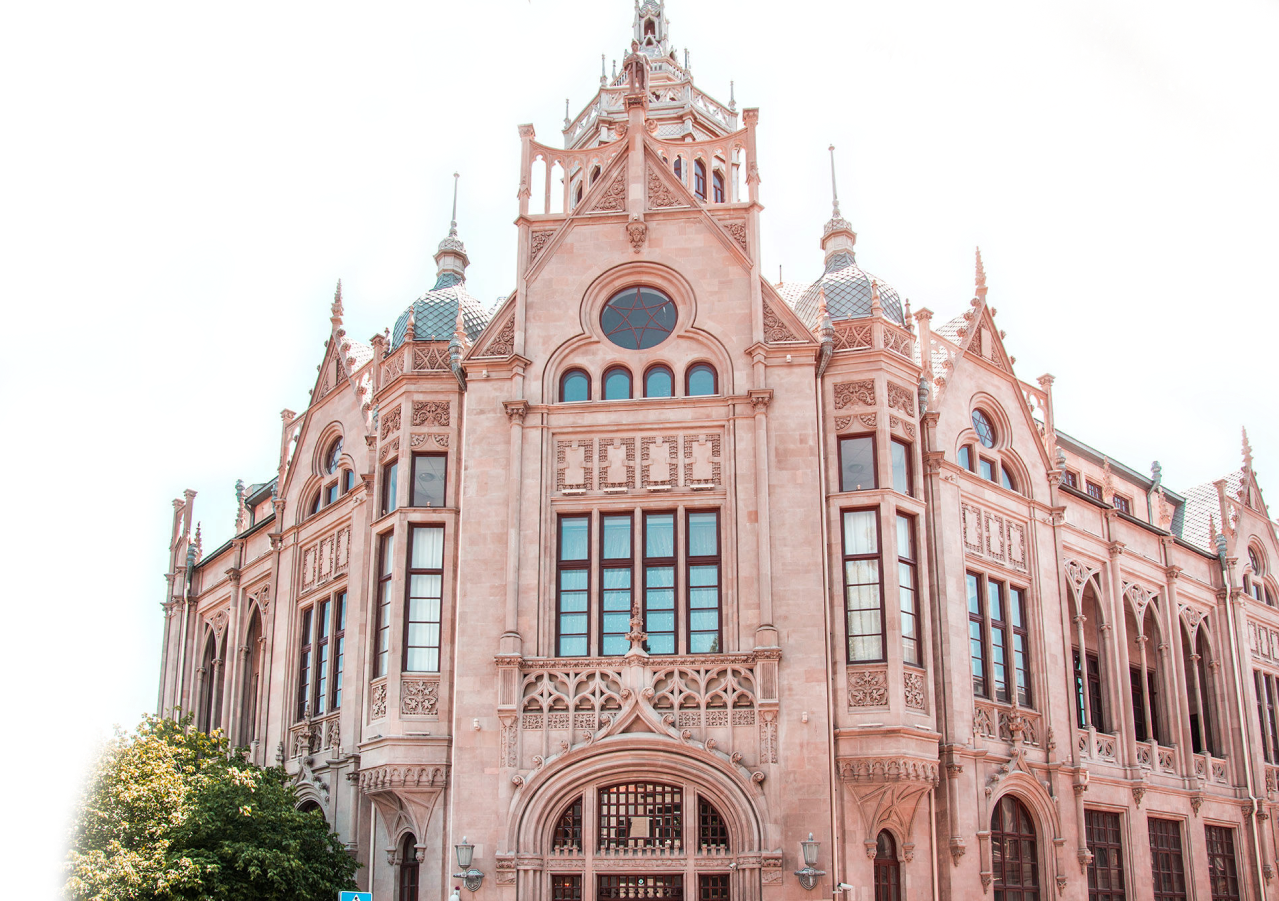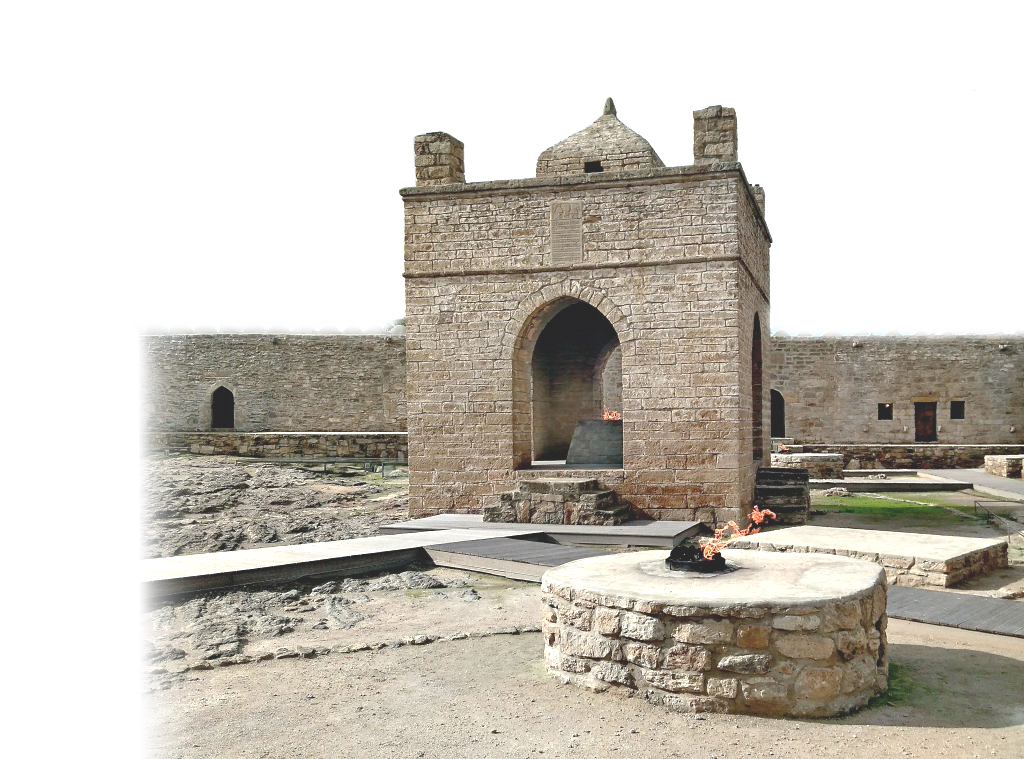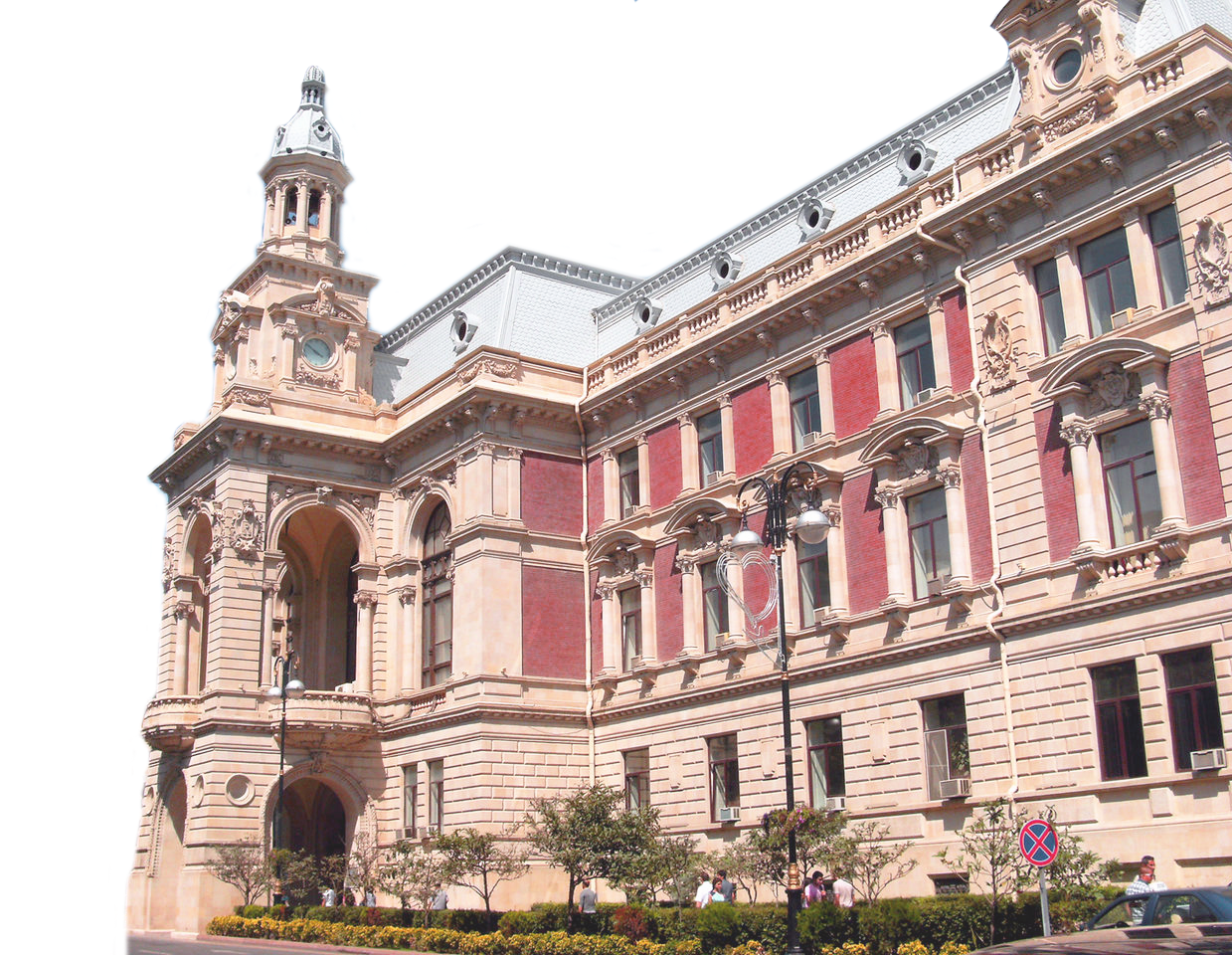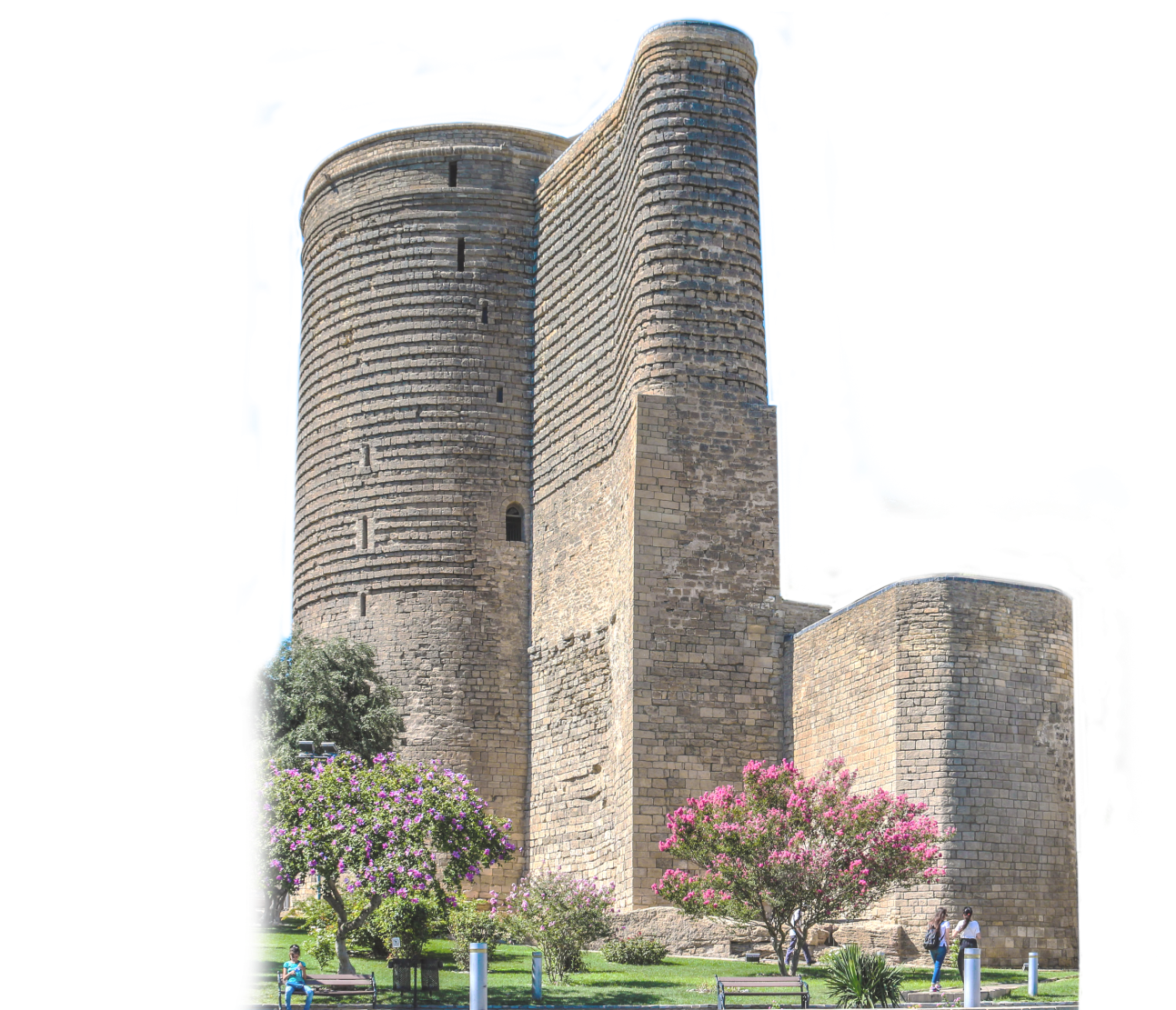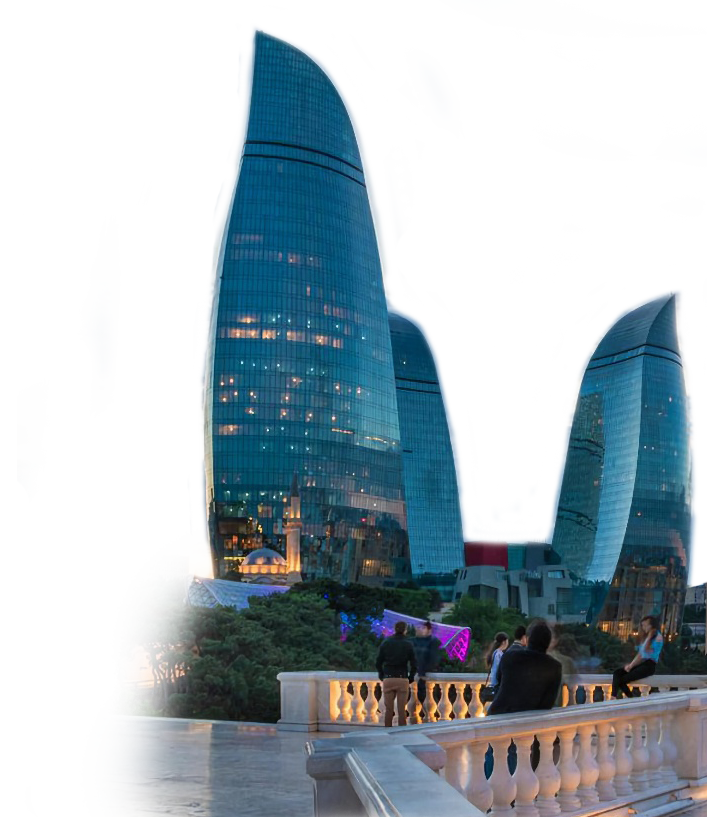WHAT IS FREEMASONRY?
Freemasonry, with its roots deeply embedded in the practices of medieval stonemasons who constructed grand cathedrals and castles, is among the world's oldest and largest secular fraternal organizations dedicated to fostering moral and spiritual growth among its members. The organization is committed to bringing together men from various cultures and belief systems into a unified community that thrives on mutual respect, intellectual development, and a shared commitment to moral values and benevolence.
Freemasonry operates on the principle that every member should contribute to the betterment of society, whether through charitable endeavors, community service, or personal development. It emphasizes the importance of education, not only in traditional subjects but also in moral philosophy and the virtues of truth and justice. The organization's rituals and symbols, which have evolved from the historic tools and practices of stonemasonry, serve as a means of instruction—teaching lessons about virtue, morality, and the responsibilities of good citizenship.
Furthermore, Freemasonry promotes a non-sectarian approach to spirituality. While it requires a belief in a Supreme Being, it does not delve into specific religious doctrines, making it a welcoming environment for men of many faiths. It stresses the importance of personal integrity and accountability, urging its members to live according to the principles of fraternity, philanthropy, and civil liberties. Additionally, it encourages members to form deep and lasting friendships, enhance their self-confidence, and develop leadership skills through its various activities and ceremonies.
Freemasonry boasts a history and tradition extending over centuries. Each lodge maintains traditional roles derived from ancient stonemason guilds. Certain aspects, such as initiation rituals, remain exclusive to its members. During meetings, Masons wear distinctive white aprons and other regalia to signify their degrees and ranks. The lodge room features unique symbols and a specific layout to facilitate official functions and ceremonies.
The lodges of Freemasonry also serve as social hubs where members can meet and collaborate with like-minded individuals from diverse backgrounds. This social aspect is crucial as it facilitates the broader work of Freemasonry in charity, education, and moral upliftment. Through these interactions, members build a supportive network that transcends societal divisions, united in their dedication to improving themselves and the society around them.
By maintaining its historical traditions while adapting to the modern age, Freemasonry continues to offer a unique blend of social, charitable, and educational activities that aim to foster an enlightened, morally upright, and cohesive society.

